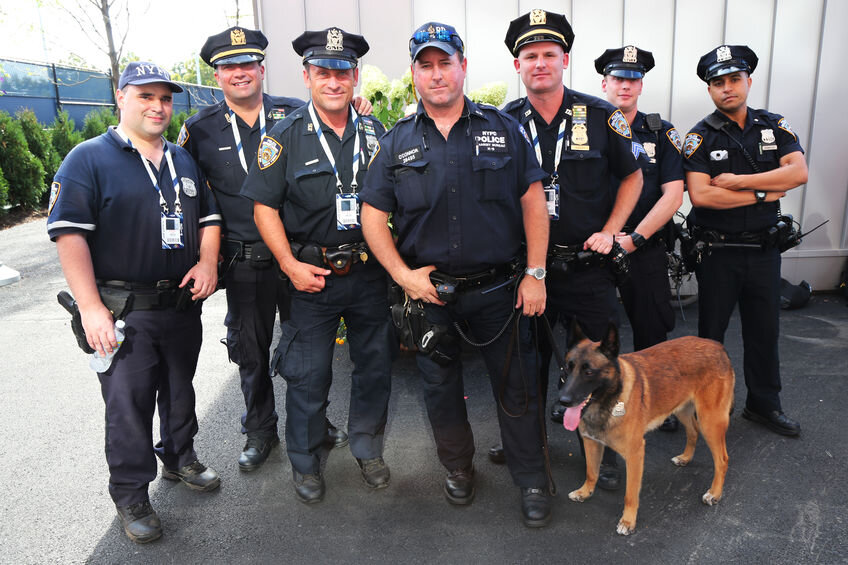Police Officers are called WHAT?
/By: Allen Louis Hott
Without a doubt, there are many, many nicknames for law enforcement officers. Quite a few of these go back to at least the 1700s and some may go back even further. Of course the most common and well known is “cop”. A very common belief is that cop came from the word “capere” meaning to seize. Cop has also always been thought to have come from copped (caught) by those who had the right to do so.
There are other thoughts, such as perhaps “cop” came from “Chief of Police” or even “Constable on Patrol” but there is nothing concrete to prove these thoughts. So instead of just thinking about where the name “cop” came from, here is another intriguing thought. Many feel that cop was actually a shortened version of “copper” which identified their copper badges which they used for identification. But that is only one name that is used for the police officers. And to this day, many people feel that “cop” is an impolite or derogatory nickname.
Look at some of the names that have been used over the years, some still in use and some not. A quick look at England brings up the name “peeler” which comes from Robert Peel, who founded the British Police Service in the early 1800s. During his term as prime minister, he created a new type of police officer who was either called a “peeler” or even more often a “Bobbie” after him and which still exists.
Other names used over the years include “beak runner” from the late 1700s which meant that the policeman’s job was to run information about those who broke the law. Another was “Elephant Ears” which meant a policeman’s job entailed listening to pleas of innocence so often, so long, and so hard that his ears grew longer and bigger and bigger.
“Fuzz” appears to have begun being used in the 1920s and actually was meant as a compliment meaning one who was “very diligent in enforcing the law”. However, about the same time a somewhat derogatory term came into being. They were called “Lizzie Lice,” which referred to the small autos (coupes) that they used in patrolling their beat.
Regardless of what they are or were called, it appears this basically began in Colonial America when “the Watch” walked the roads looking for fires and minor crimes. This group later was somewhat augmented by “slave patrols” who were organized to prevent slave revolts and even catch runaway slaves.
By the early 1800s, many large cities like Boston, Philadelphia, New York and others began creating police forces. Today there are close to a million police officers throughout the U.S. Records show that in 1890, Marie Owens from Chicago appears to be the first female police officer in the U.S. However, more than 12 percent of today’s police officers nationwide are women.
The saddest part of many of the numbers is the amount of police officers who are killed in the line of duty. For some unknown reason, the year 1930 showed 310 officers killed. However, another terrible day for recording police officer deaths was September 11, 2001 when 72 officers died in response to the attacks that day.
Regardless of what they are called, police officers, sheriffs, constables or some other term that matches their work, all of them should be referred to with respect. Our enforcers do a great job in policing this country and keeping it safe for all Americans.











